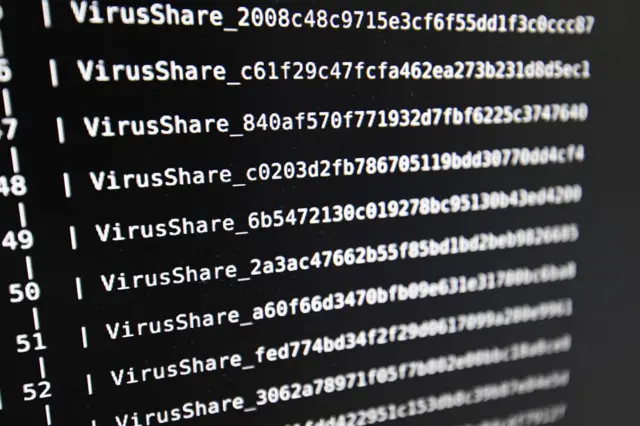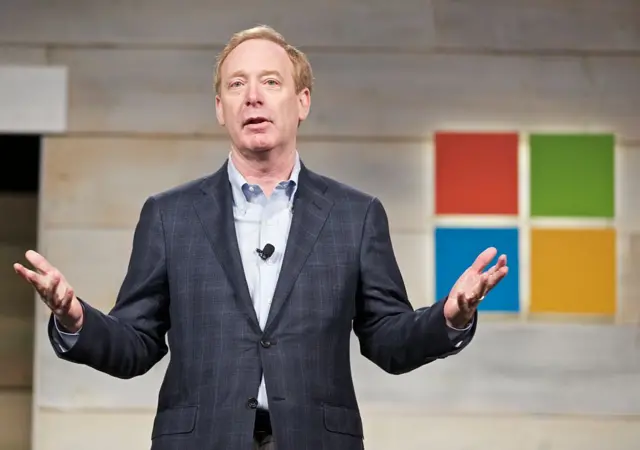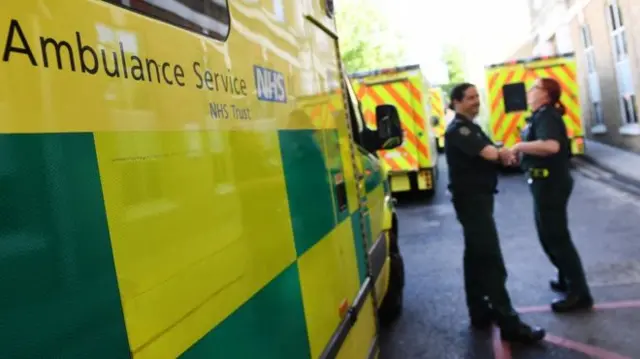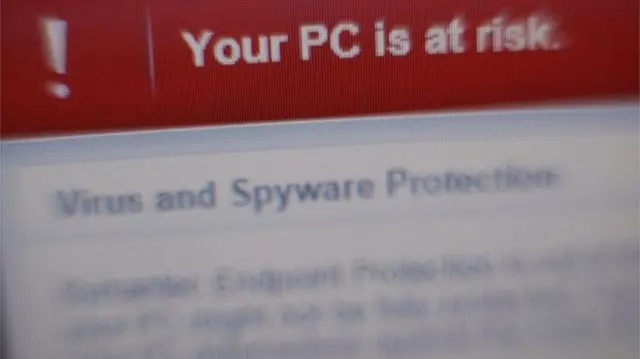Cyber attackers 'always one step ahead'published at 06:23 BST 15 May 2017
 BBC World Service
BBC World Service
 Image source, Getty Images
Image source, Getty ImagesOne of the issues with tackling cyber attackers such as the ransomware one is that attackers' tactics are constantly evolving, Emily Orton - from cyber security firm Darktrace - tells the BBC World Service.
"The critical problem is that the attackers are always one step ahead. They're always innovating, they're using new vulnerabilities, they're using new exploits to get the better of our defences, so frankly a patch which is based on what an attacker did yesterday is far too late.
"Your defence effectively needs to evolve as quickly as your attacker is evolving. That takes a whole new class of technology. It takes things like machine learning, it takes things like artificial intelligence that are going to effectively learn and evolve and catch up with new attacks."




